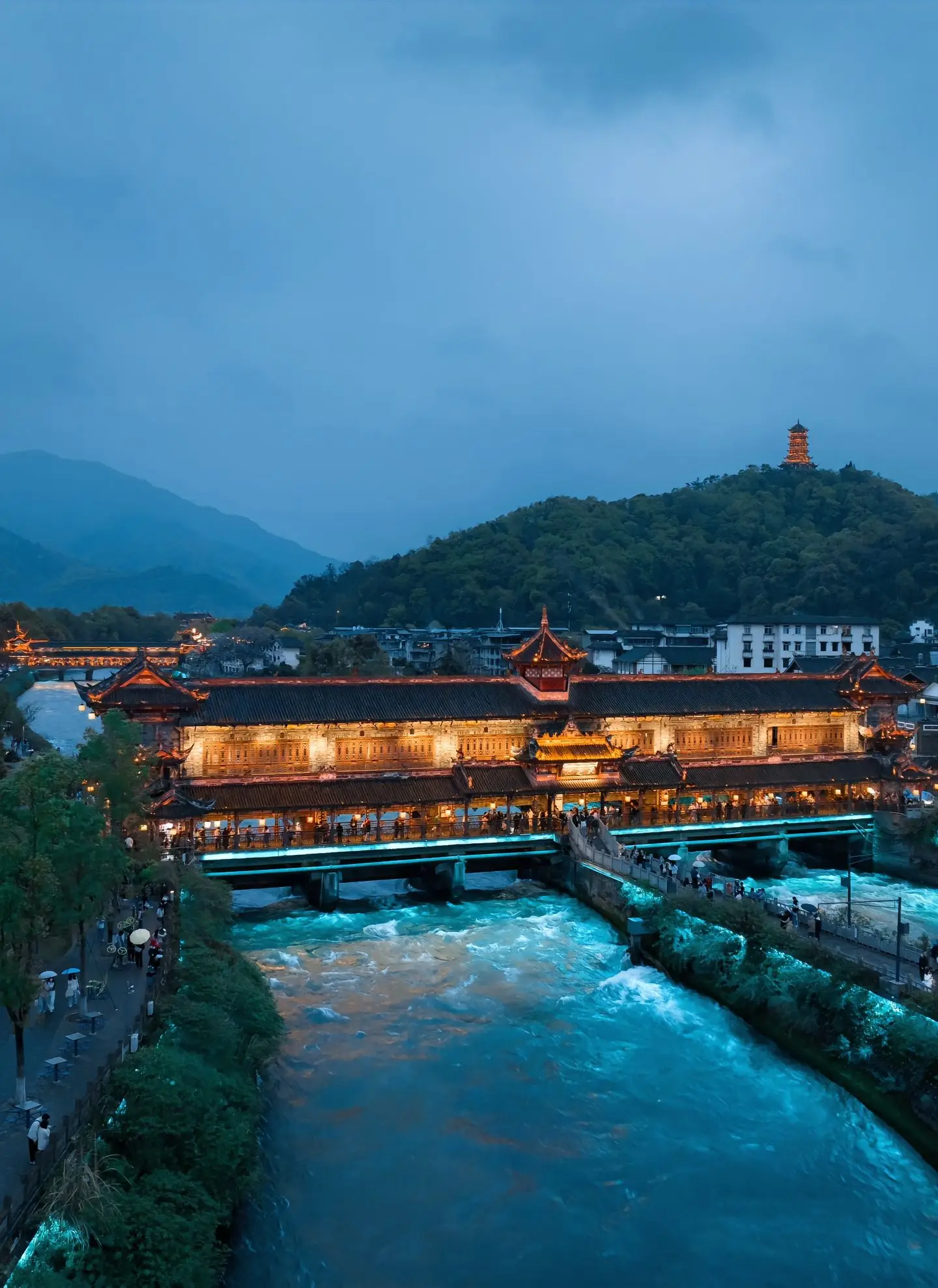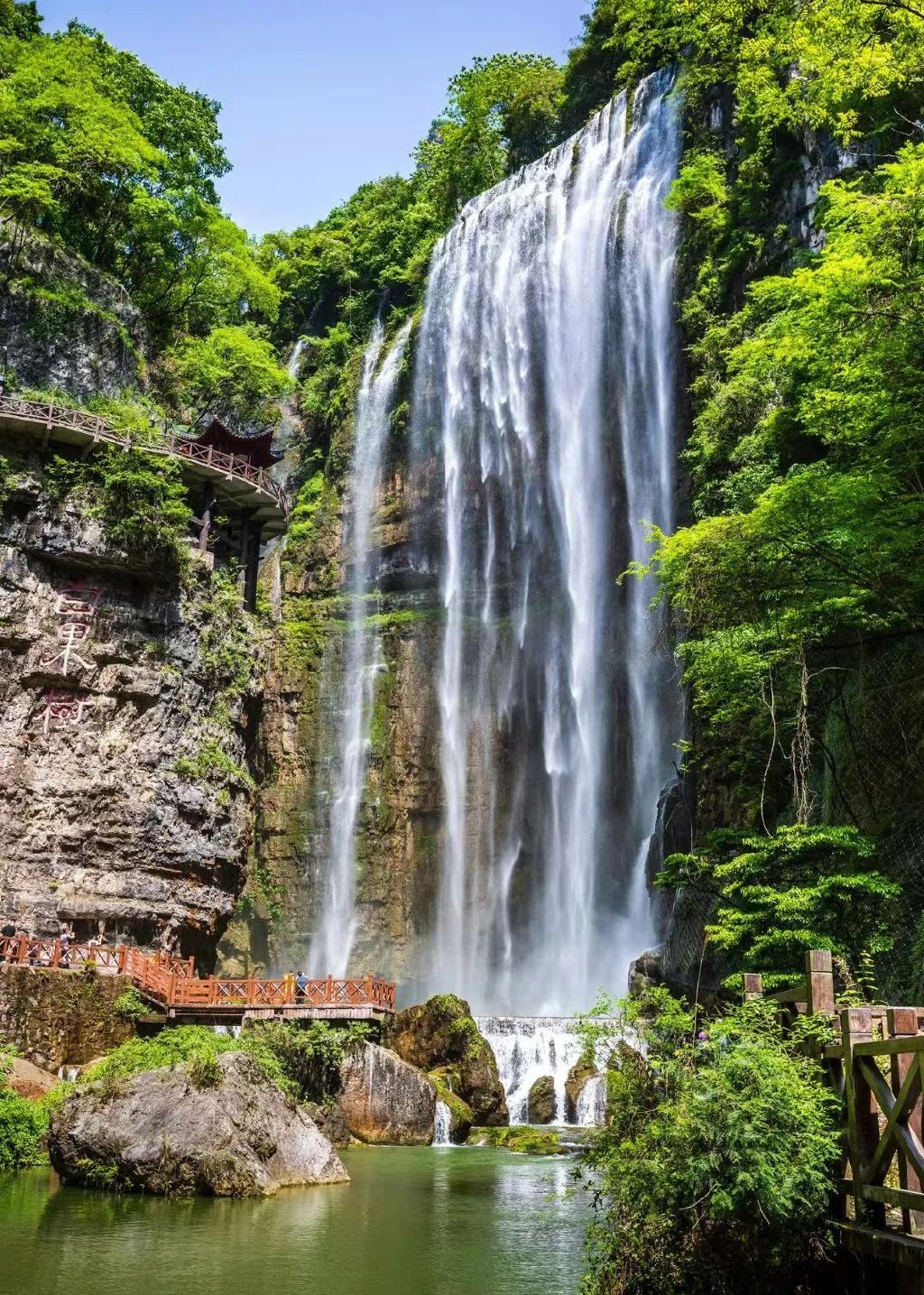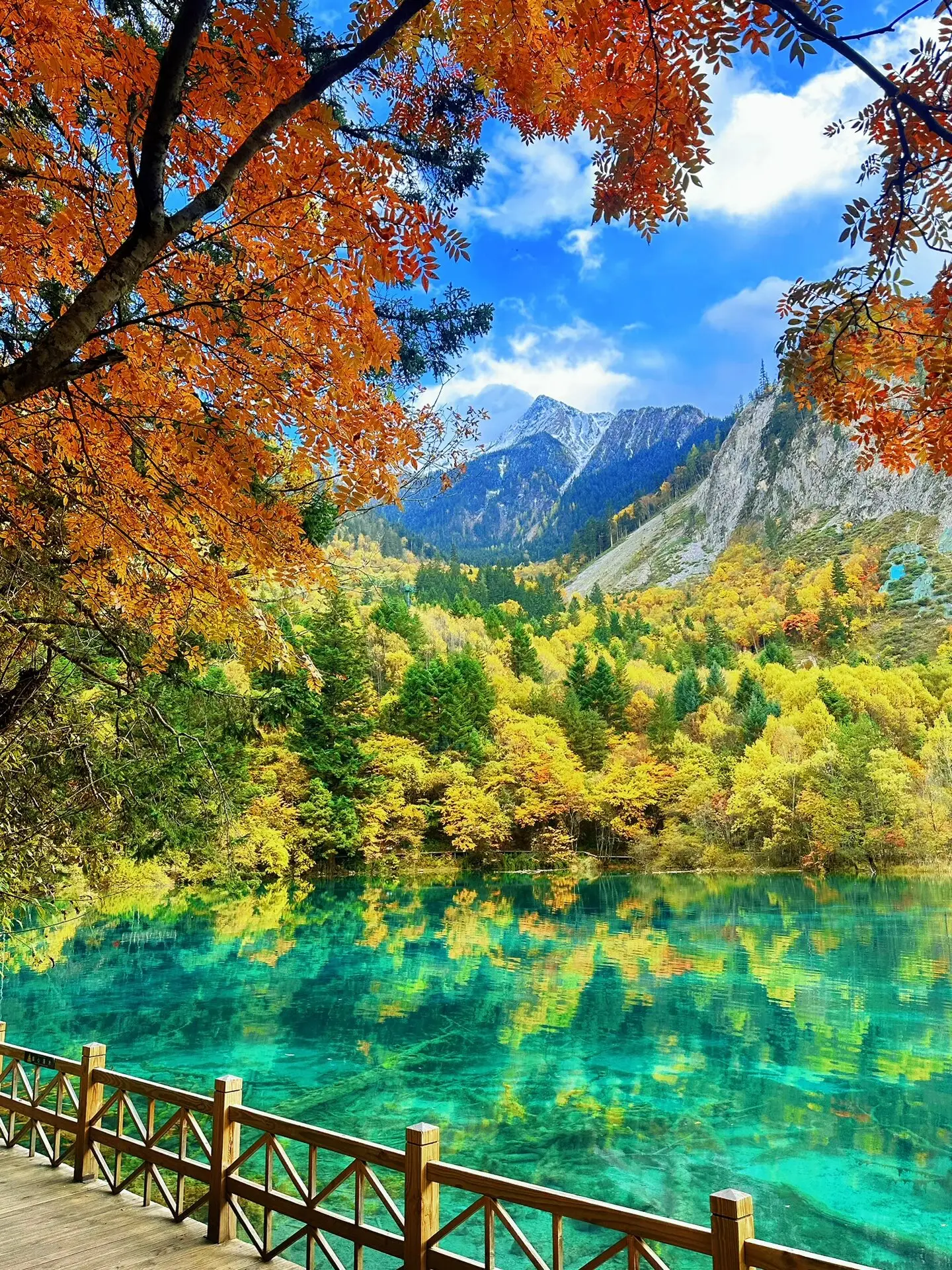A Journey Through Time: Uncovering Italy's Finest Historic Farmhouse Stays
There's a certain magic to Italian travel that transcends the well-trodden paths of its iconic cities. Beyond the Renaissance art and ancient ruins lies a different Italy—a pastoral, soulful landscape where time seems to slow down. This is the Italy of rolling hills, sun-drenched vineyards, and ancient olive groves. And the absolute best way to immerse yourself in this authentic experience is by staying in a historic farmhouse, known locally as an agriturismo.
Staying in a historic farmhouse in Italy is more than just finding a place to sleep; it's an invitation into a way of life. It’s about waking up to the sound of roosters instead of traffic, tasting olive oil pressed from trees on the property, and understanding the deep, agricultural roots that have sustained this beautiful country for centuries. If you're seeking a travel accommodation that offers authenticity, tranquility, and a profound connection to the land, then this guide to the best historic farmhouse stays in Italy is for you.
Why Choose a Historic Farmhouse Stay?
Before we dive into the specific regions and properties, let's explore why this type of accommodation is so uniquely rewarding.
- Authentic Cultural Immersion: You're not just a spectator; you're a temporary participant in rural Italian life. Many farmhouses are still working farms, offering you a glimpse into the daily rhythms of farming, cheesemaking, and wine production.
- A Connection to Nature and History: These stone-walled buildings, often centuries old, are steeped in history. You’re sleeping within walls that have witnessed generations of a family's story, set amidst breathtaking natural scenery.
- Incredible, Farm-to-Table Food: This is arguably the biggest draw. The best farm-to-table dining experiences in Italy are often found at agriturismi. Meals are prepared with hyper-local, seasonal ingredients, many of which are grown or raised on the farm itself. Think homemade pasta with a sauce from garden tomatoes, wine from the vineyard you can see from your window, and cheese from the sheep grazing in the field.
- Space and Tranquility: Unlike city hotels, farmhouses offer space to breathe. They often feature sprawling grounds, swimming pools with panoramic views, and a serene atmosphere perfect for unwinding.
- Value for Families and Groups: With options like self-catering apartments and suites, farmhouses provide the perfect family-friendly agriturismo in Italy solution, offering more space and flexibility than a standard hotel room.
The Regions and Their Rustic Charms
Italy's diverse landscapes mean that each region offers a distinct agriturismo experience. Here’s a breakdown of what to expect in some of the most popular areas.
Tuscany: The Iconic Rolling Hills
When people dream of a Tuscany farmhouse stay with a swimming pool, they are imagining the quintessential Italian countryside. This region is the heartland of the agriturismo movement.

- The Experience: Picture cypress-lined driveways, sprawling estates producing Chianti Classico, and hilltop towns like San Gimignano and Montepulciano just a short drive away. It’s romantic, picturesque, and perfectly manicured.
- What to Look For: Seek out properties in the Chianti region, the Val d'Orcia, or near Siena. Many offer wine tastings, cooking classes, and truffle hunting experiences. For a truly unique stay, look for a historic farmhouse in Chianti with vineyard views – waking up to that panorama is unforgettable.
Umbria: The Green Heart of Italy
Often called "Tuscany's quieter sister," Umbria offers a similarly stunning landscape but with fewer crowds and a more rugged, spiritual charm.
- The Experience: This is a land of ancient forests, mystical towns like Assisi and Spoleto, and robust flavors. The food here is hearty, with a focus on wild boar, lentils, and black truffles.
- What to Look For: Umbrian farmhouses often feel more rustic and secluded. They are ideal for those seeking a secluded agriturismo in Umbria for a peaceful retreat. Look for properties specializing in olive oil production or those with access to hiking trails through untouched nature.
Sicily: A Mosaic of Sun and History
A Sicilian farmhouse accommodation by the sea combines rustic charm with coastal beauty. Sicily’s farmhouses, or masserie, often have a unique, fortified architecture reflecting the island's complex history.
- The Experience: Imagine a historic stone masseria surrounded by orange and lemon groves, with the sparkling Mediterranean just a short walk away. The cuisine is a vibrant fusion of Italian, Greek, and Arab influences.
- What to Look For: In the Baroque southeast, near towns like Noto and Modica, you'll find beautifully restored masserie. In the west, look for properties associated with the Marsala wine region or those with direct access to secluded beaches.
Puglia: The Land of Trulli and Masserie
Puglia offers one of the most unique historic farmhouse experiences in Italy, with its iconic trulli (conical stone huts) and sprawling, whitewashed masserie.
- The Experience: This is a sun-baked region of ancient olive trees, dramatic coastlines, and unique architecture. Staying in a restored trullo is a truly magical experience, while a masseria often feels like a self-contained fortified village.
- What to Look For: The Valle d'Itria is the heart of trulli country. For a luxury agriturismo in Puglia with a pool, look for a restored masseria with a stunning infinity pool overlooking the olive groves. Many also have their own restaurants serving exceptional Pugliese cuisine, like orecchiette pasta and fresh burrata.
How to Choose the Perfect Historic Farmhouse for You
With so many incredible options, selecting the right one is key. Here are the essential questions to ask yourself before booking:
- Location vs. Seclusion: Do you want to be within a 30-minute drive of major towns and sights, or are you seeking total isolation? Check a map carefully—what looks close can be a long, winding mountain road away.
- Half-Board or Self-Catering? Many farmhouses operate on a half-board basis (breakfast and dinner included), which is highly recommended for the authentic culinary experience. However, if you prefer flexibility, look for properties with self-catering apartments. Be sure to ask if they offer farm-to-table meals at Italian agriturismi as an optional add-on.
- On-Site Activities: What do you want to do all day? Relax by the pool, or be more active? Look for farms that offer activities like cooking classes at a Tuscan farmhouse, wine or oil tastings, bike rentals, or guided walks.
- Type of Room: Are you looking for a hotel-like room in the main building or a private apartment or cottage? This is crucial for families or groups desiring more privacy.
- Read Recent Reviews: Photos can be deceiving. Always read recent traveler reviews on multiple platforms to get a sense of the current management, food quality, and overall atmosphere.
Your Questions, Answered: The Agriturismo FAQ
Let's tackle some common questions to ensure you feel completely confident booking your stay.
Q: Is it necessary to rent a car? A: Absolutely, yes. The best agriturismo locations in Italy are, by nature, in the countryside. Public transport is sparse and unreliable for reaching these properties. A car is essential for freedom and exploration.
Q: What’s the difference between an agriturismo and a regular B&B? A: Legally, an agriturismo in Italy must be connected to an agricultural working farm. This means they produce their own food, wine, or oil. A country B&B might be in a rural setting but doesn't have this agricultural component, which is what defines the authentic agriturismo experience.
Q: Are these accommodations suitable for families with young children? A: They are excellent for families! The open spaces, pools, and often the presence of farm animals make them a playground for children. Many properties offer family suites or interconnected rooms. Just confirm any specific needs, like cribs or high chairs, in advance.
Q: Is there Wi-Fi? A: Most historic farmhouses now offer Wi-Fi, but it's important to manage expectations. In these remote, stone-built structures, the connection can be slow and unreliable, often only available in common areas. Embrace it as part of the digital detox.
Q: What should I pack? A: Think casual and comfortable. Pack sturdy shoes for walking around the property, a light jacket for cool evenings, swimwear for the pool, and of course, loose-fitting clothing to accommodate the incredible meals you'll be enjoying!
Embracing the Agriturismo Ethos
The true beauty of a stay in a historic Italian farmhouse lies in the details: the taste of a sun-warmed tomato, the profound silence of a starry night, the warmth of a family-run business welcoming you into their home. It’s a slower, more meaningful form of travel that nourishes both the body and the soul. By choosing this path, you're not just booking a room; you're collecting memories woven from the very fabric of the Italian countryside—memories of flavor, landscape, and history that will stay with you long after you've returned home. So, venture beyond the city walls, and discover the profound, rustic luxury that awaits.





发表评论